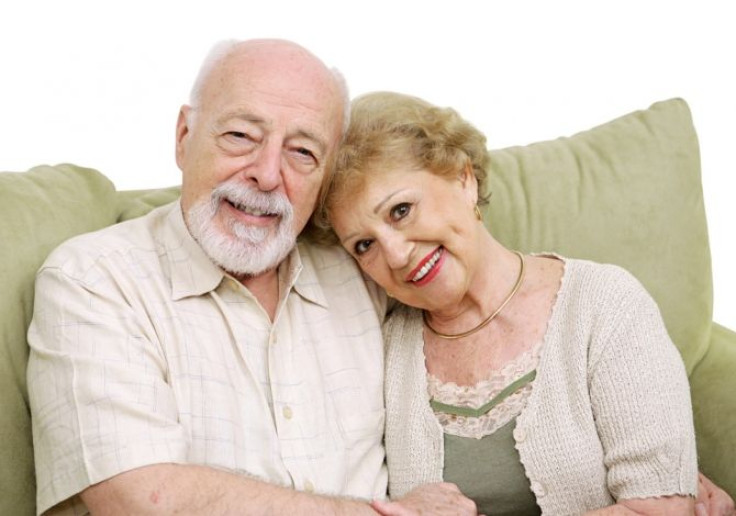Research Confirms "Old-Person Smell", and it Smells Better than Most

The so-called "old-person smell" exists, a new study confirmed for the first time, but contrary to popular assumption, scientists found that a whiff of elderly body odor may actually smell better than body odors of middle-aged and young individuals.
More importantly, the latest findings, published online in PLoS ONE, reveal that humans have the ability to identify the age of others based on differences in body odor.
"Similar to other animals, humans can extract signals from body odors that allow us to identify biological age, avoid sick individuals, pick a suitable partner, and distinguish kin from non-kin," researcher Johan Lundström, a sensory neuroscientist at Monell Chemical Senses Center, a research institute in Philadelphia, said in a statement.
Researchers explained that like other animals, people also emit body odors that contain a variety of chemical components that convey a plethora of biological and social information, and as the compositions and concentrations of the underlying bodily chemical change across a person's lifespan, so does the smell of their body odor, allowing people to distinguish among the body odors of different age groups.
Lundström and his team asked 41 sniffers to rate odors collected from the armpits of study participants from three different age groups: people between the ages of 20 and 30, between 45 and 55, and between 75 and 95.
The sniffers rated odors of people from younger age groups as being more unpleasant and intense than odors from elderly participants, and while people were able to determine that odors came from old people, they could not correctly distinguish odors from other age groups.
Researchers said that the latest findings confirm the popular belief of an "old people smell" but not that old people smell bad.
"Elderly people have a discernible underarm odor that younger people consider to be fairly neutral and not very unpleasant," said Lundström. "This was surprising given the popular conception of old age odor as disagreeable. However, it is possible that other sources of body odors, such as skin or breath, may have different qualities."
While younger and middle-aged men were rated as having the most intense and unpleasant body odor, the smell of older men was rated as being slightly more pleasant than that of older women. Lundström speculated that as men age, their testosterone levels drop, leading them to smell more like women and less offensive.
Scientists have suggested that age-related odors may help animals like mice, deer, otters, rabbits, and monkeys select suitable mates, and that older males might be more desirable because they contribute genes that enable offspring to live longer, while older females might be avoided because their reproductive systems are more fragile.
While humans have found better ways of screening potential mates, Lundström suggests that like other animals, people may have once used age-related signals gathered from body odor to pick ideal mates, avoid sick people, or distinguish relatives from non-relatives.
The fact that people can discriminate age based on body odor is very surprising, but the reason remains unclear, said neurologist Jay Gottfried of Northwestern University Feinberg School of Medicine in Chicago, Illinois, according to Science Magazine.
"There may be intrinsic differences in the odor compounds produced by each age group, or it could be that older people simply sweat less," Gottfried said.
Researchers will now attempt to determine the underlying biomarkers that humans use to identify age-related odors and also find how the brain is able to identify and evaluate this information.



























